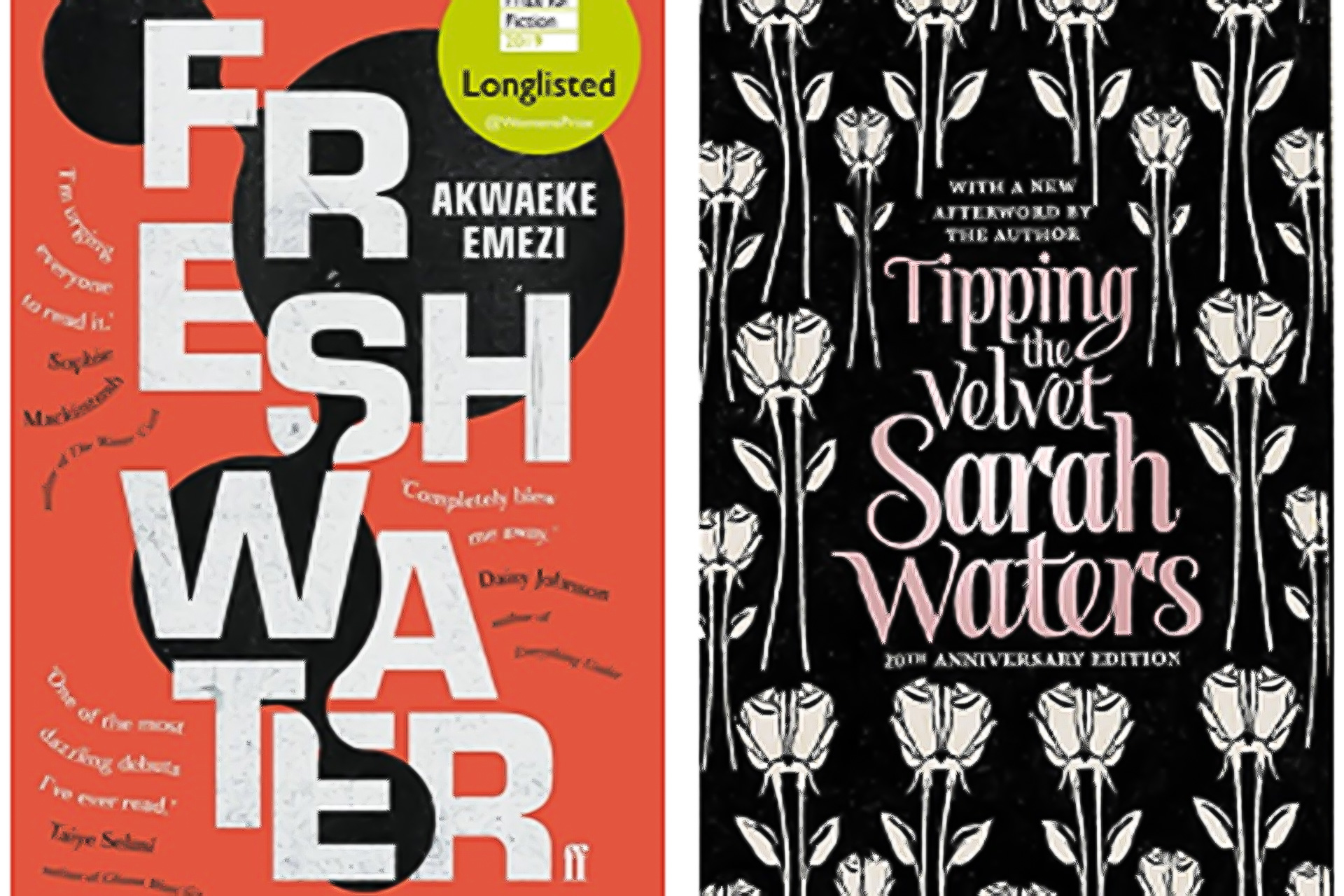
To mark this year’s LGBTQ+ History Month, we have put together a list of some literary texts (and a few films), which we think will raise awareness about LGBTQ + issues and experiences.
Thanks so much to Professor Jennie Batchelor, Dr Stella Bolaki, Dr Declan Gilmore-Kavanagh, Dr Eleanor Perry, Dr Derek Ryan, Dr Sharlene Teo, Dr Michael Falk and Dr Claire Wright for sending suggestions, texts and ideas for this blog post.
A big thanks also goes to the students taking EN338: Right/Write to the World: Displacement, Social Movements, Political Action, convened by Bahriye Kemal. They have compiled an excellent list of LGBTQ+ further reading materials, some of which, as you can see, I featured in this blog. You can find their full-list at the bottom of the blog. Many thanks to Bahriye for letting me have access to the list and comments.
The blog post is compiled by Kaori Nagai, the School’s EDI Officer.
Andrea Lawlor, Paul Takes the Form of a Mortal Girl (Picador 2017)
Paul Takes the Form of a Mortal Girl is an unapologetically glorious and playful celebration of queerness which nods toward Ovid’s Metamorphoses, Orlando and other mythologies of transformation; its message that we are all deserving of love and all mutable is very timely and necessary.
Rowan Hisayo Buchanan, Starling Days (Sceptre 2019)
Starling Days is the second novel by the British and American writer Rowan Hisayo Buchanan. Shortlisted for the 2019 Costa Novel Award, it tackles bisexuality and codependency with lyricism and a sense of relatable millennial melancholy. This book is taught in the MA module EN893 Fiction 2, convened by Dr Sharlene Teo.
C Pam Zhang, How Much of These Hills Is Gold (Virago 2020)
How Much of These Hills is Gold is a critically acclaimed debut novel by the American writer C Pam Zhang. It radically reconfigures the Wild West, centering a pair of Chinese orphans and their expressions of sexual identity. It’s a brave, bold and rollicking narrative of coming of age and coming of gender.
Akwaeke Emezi, Freshwater (Faber 2018)
‘I have lived many lives inside this body. I lived many lives before they put me in this body. I will live many lives when they take me out of it’. Freshwater is a semi-autobiographical debut novel by the Igbo and Tamil writer Akwaeke Emezi, and is a radiant, surreal study of dysphoric identity.
Maggie Nelson, The Argonauts (Graywolf Press 2015)
The Argonauts is a tender, bracing and brilliant trans love story, a genre-bending memoir and work of autotheory which is the fourth work by acclaimed poet and critic Maggie Nelson. Nelson uses her own relationship to rigorously interrogate what queer and feminist theorists have to say about gender, marriage and sexuality. It’s both brilliant and relatable, intellectually rigorous and emotionally riveting.
Troubling the Line: Trans and Genderqueer Poetry and Poetics. Ed. TC Tolbert and Trace Peterson (Nightboat Books 2013)
An anthology of poetry and poetic statements from 55 trans and genderqueer poets whose work spans a range of different aesthetic, generic and technical approaches. The book reflects a diversity of trans and genderqueer voices, both experimental and more traditional, writing in different poetic forms about a range of issues, from language to identity to the body. The inclusion of poetic statements provides valuable context for the work of each poet.
Ryka Aoki, Why Dust Shall Never Settle Upon This Soul (Biyuti Publishing 2015)
Japanese American trans poet Ryka Aoki’s third book, Why Dust Shall Never Settle Upon This Soul, was a finalist for the 28th Lambda Literary Awards. Sharp, poignant and elegiac, the book comprises five poetic sequences that explore what it means to survive in a world whose capitalist values erase voices, bodies, lives.
Stay tuned to read Part 2 of this series next week.




